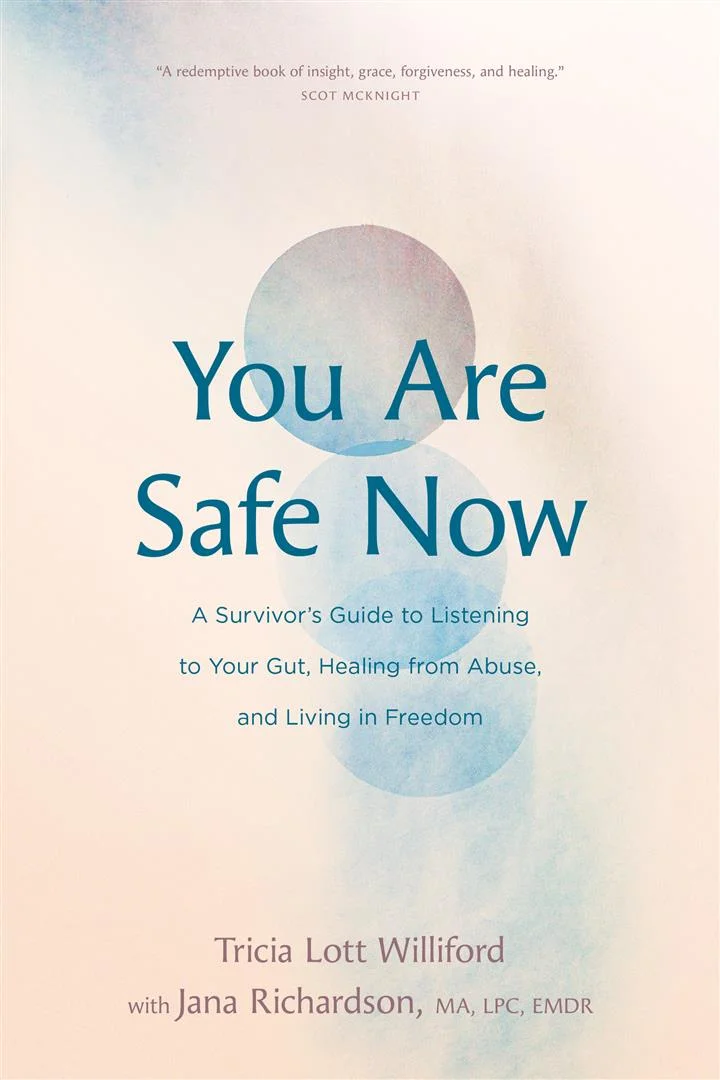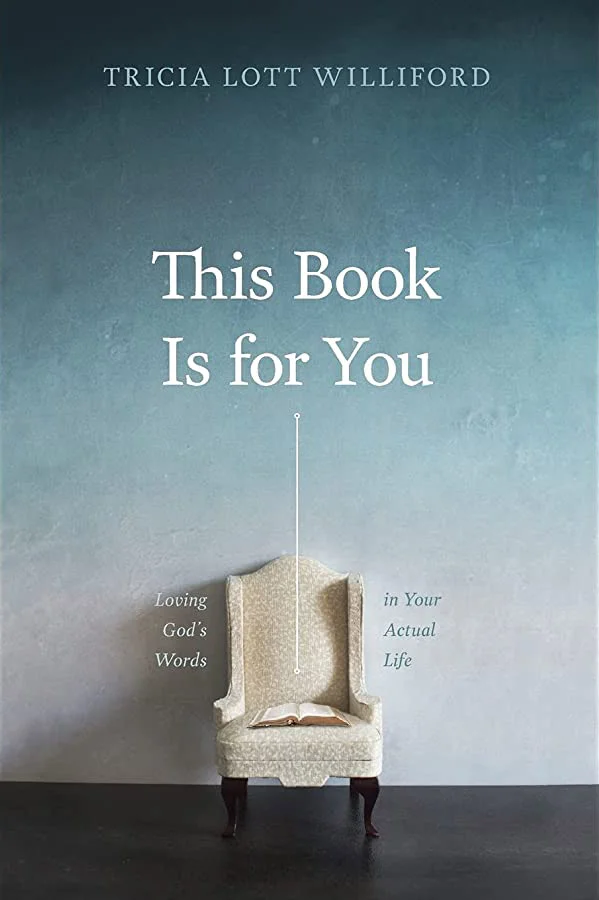A Voice and A Choice

“Tricia, this weekend we will be spending time with a ten-year-old boy whose mom died recently. What cues do you have for me for interacting with a heartbroken boy?
Our time together is probably meant to be a fun distraction, NOT a heart-to-heart conversation moment, but I am just curious what sort of support was meaningful to your boys by people who were outside of their immediate network?
I know not to ask “how he is REALLY”, but is fun and distraction a ministry in itself? Or is there more I can do?”
(I can’t tell you how much I love questions like these. If there is anything valuable about having walked through the Great Sadness, it is the expertise I get to bring to the table now. I love questions like these, because I know how to answer them.)
I have two pieces of advice, and I truly believe they are two safe and foolproof guidelines for loving anyone who is grieving – any age, at any stage.
Give them a Voice and a Choice.
First, let him feel how he feels, however that is.
People who have lost much can often feel like they are obligated to feel a certain way, and they don’t get choices anymore. Always try to give those choices back to them. Distraction and fun can indeed be a comfort, if he wants to be distracted and have fun. If he needs to feel something else, let him feel that. Let him choose how he feels, and give him space to feel it.
Second, give him a choice anytime you can, and listen to what he says.
I felt for so long like, “Well, I’m widowed now. I lost the person and the plans and the future I wanted. It’s been decided.” WIDOWED. I felt like that word was written in all caps, everywhere, on everything. So do you know what I really wanted? I wanted to make some decisions. I wanted people to let me decide something else. Anything else. Everything else. All the decisions that were left, I wanted them to be mine. Because the biggest decisions had been made.
Anytime I had a voice to make the decisions, I felt empowered. I felt like an ounce of my life had been given back to me.
Start by giving them a Voice and a Choice.
They’ll tell you what they need next.








Sally M. Chetwynd says:
When I was working on an emotionally tough section of my second novel, in which a 13-year-old boy has just lost his father in an industrial accident, I struggled with how to write it realistically. Finally I turned to one of my nephews, whose mother had died of cancer when he was nine, and asked him (20 years later) if he was willing to dredge up his feelings and share them with me. He was very pleased that I asked and sent me a long, long email. Although his experience and my fictional boy’s experience were different, the heart of my nephew’s pain and grief gave me the means by which to develop my character’s chaotic sense of loss, so it reads true.
Your post here, Tricia, shows me clearly that I took away the character’s choice but gave it back to him, and that asking my nephew to share his feelings gave him choice, too. I see even more clearly now, how for years he had struggled with frustrations of several kinds, all related to his mother’s death. I think my request of him helped to release some of that.
Thank you!
Claire Pisor says:
Without a doubt, this the best CONCRETE advice I’ve ever heard. Thank you.
And it will work for those who are in the throes of terminal illness too.?
maggierowe says:
A voice and a choice – I will remember that. Thanks Tricia.